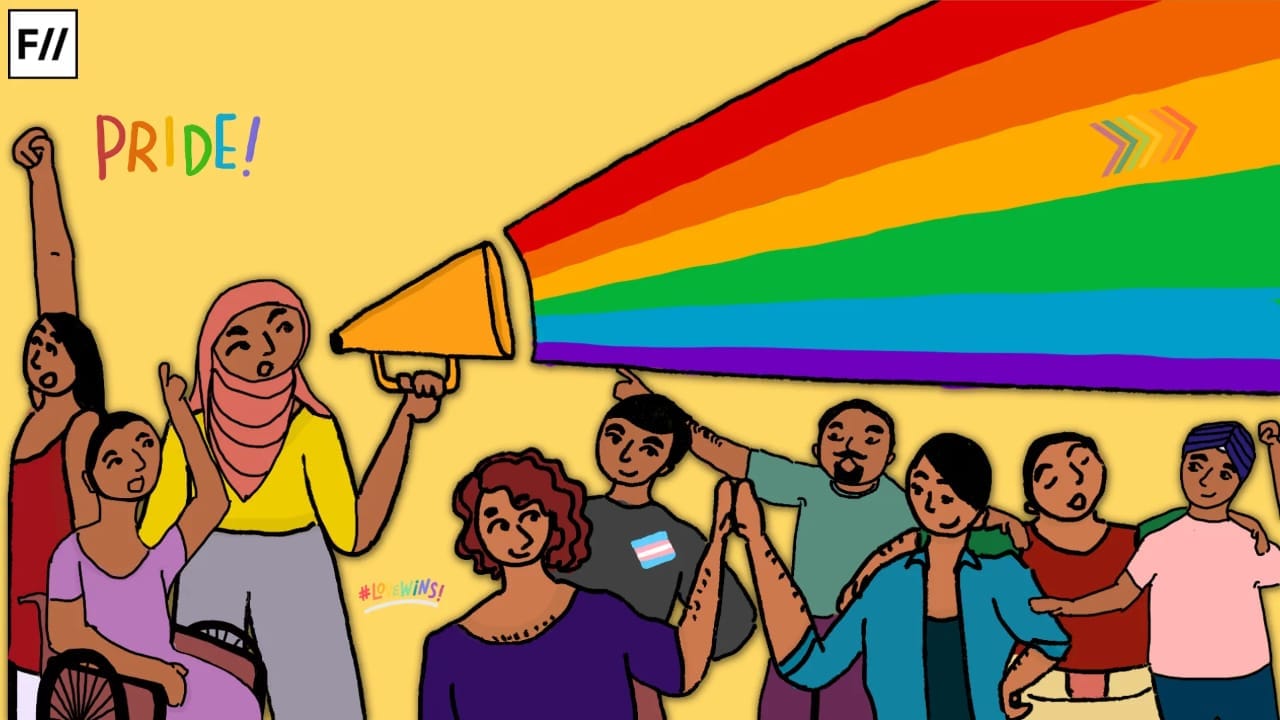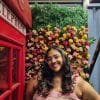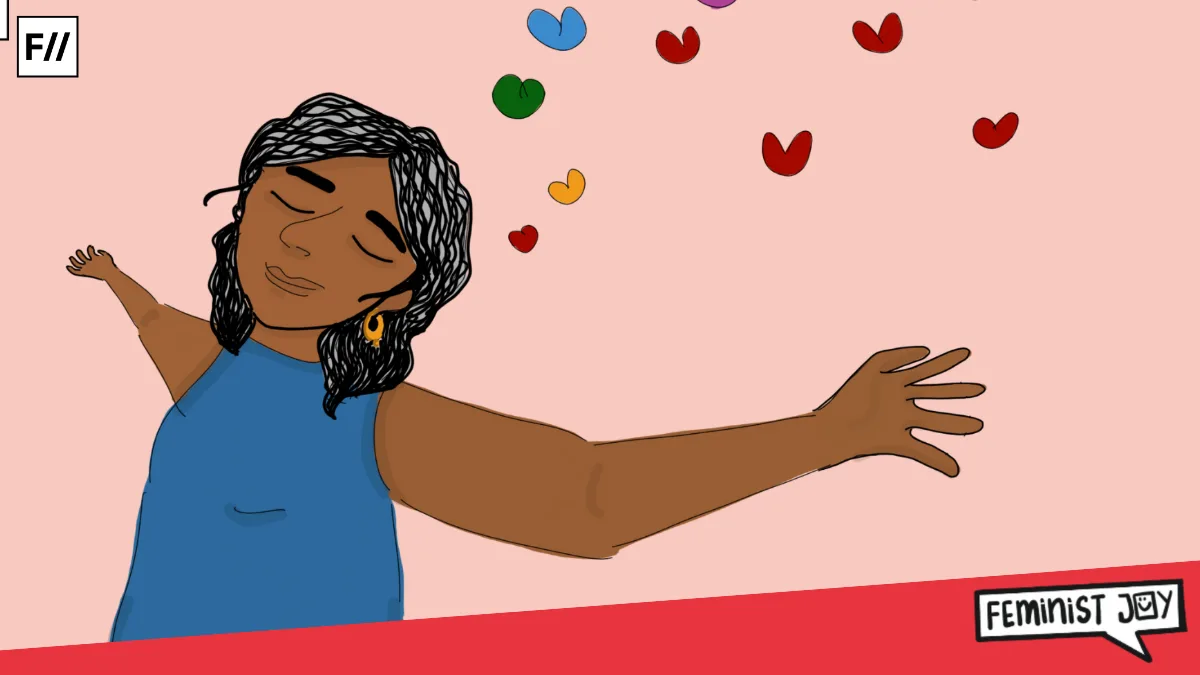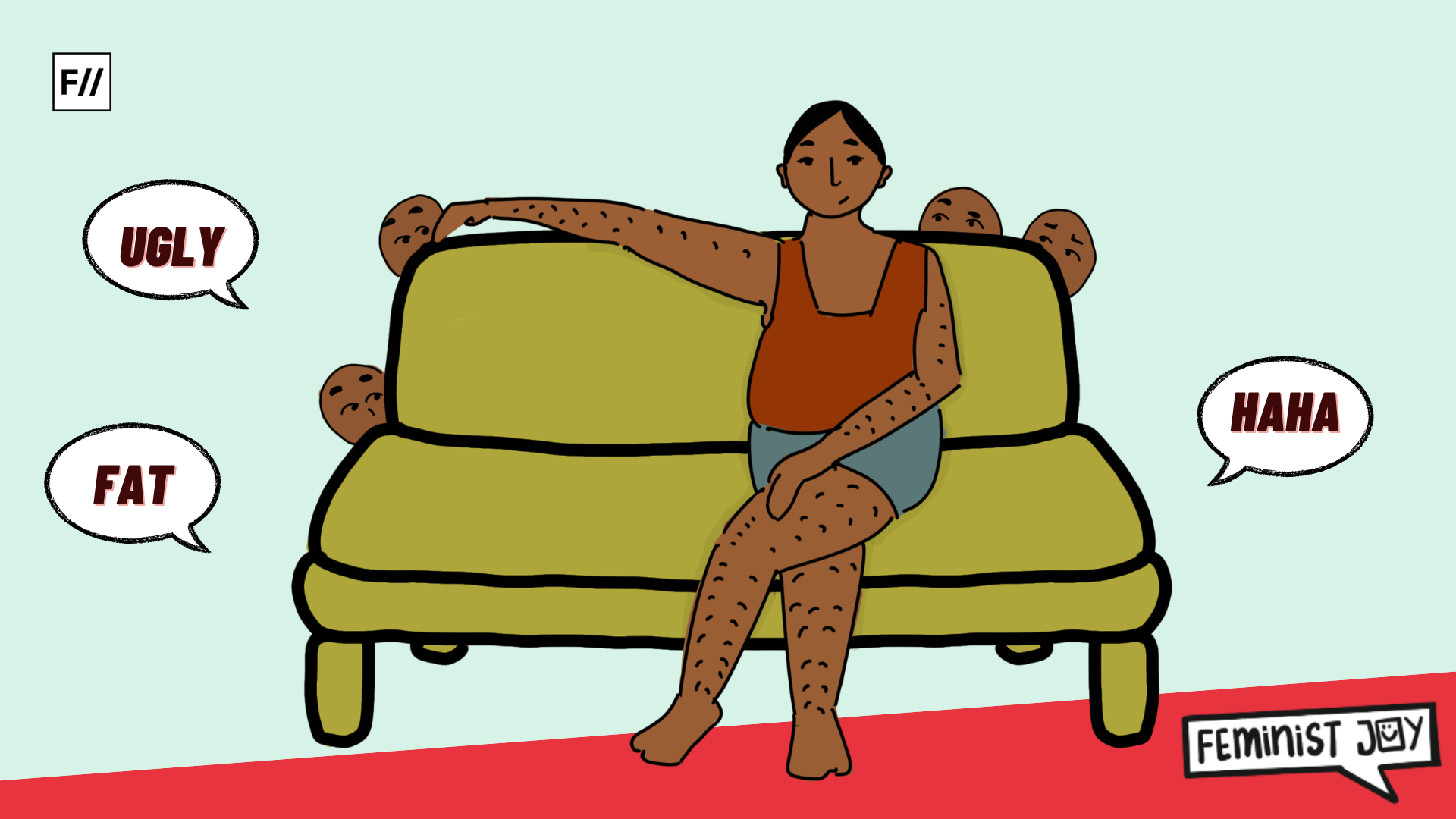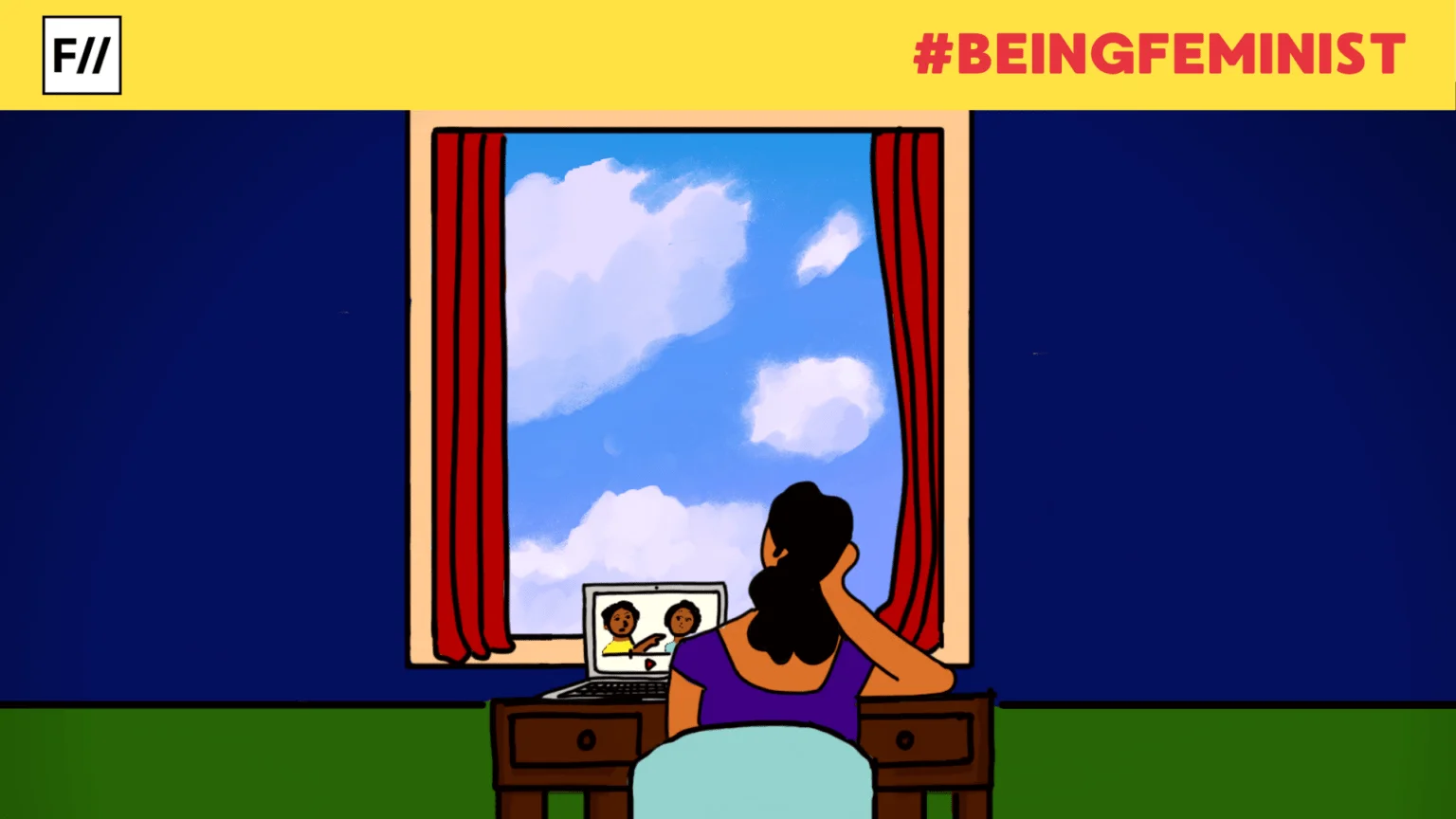Coming out for me means more than just talking about my sexuality. I have to continuously come out not just with respect to my sexuality, but also with respect to my disabilities. People love to assume that I am a straight woman with an able body when we meet, but then I get to break that illusion for them, leading to an immediate and often irreparable shift in how I am perceived. But I’m learning to accept that shift because my identity as a queer woman who is chronically ill is a key part of me, and I refuse to hide that any longer. I choose to have pride in my somewhat dysfunctional body, and in my friendship with Dorothy.
Grief before acceptance
During Disability Pride Month, I work towards finding acceptance with my chronic conditions. Because truthfully, it isn’t easy. It’s not easy to immediately love your disability. You don’t immediately love the impact it has on your day-to-day life. And you certainly don’t love the doctor’s visits you have to make. It took me a while to even accept using the word disabled for myself. Disability, being such a deeply personal thing, has not been accompanied by love for me; instead, there was a sense of grief before there was a notion of compassion for myself.
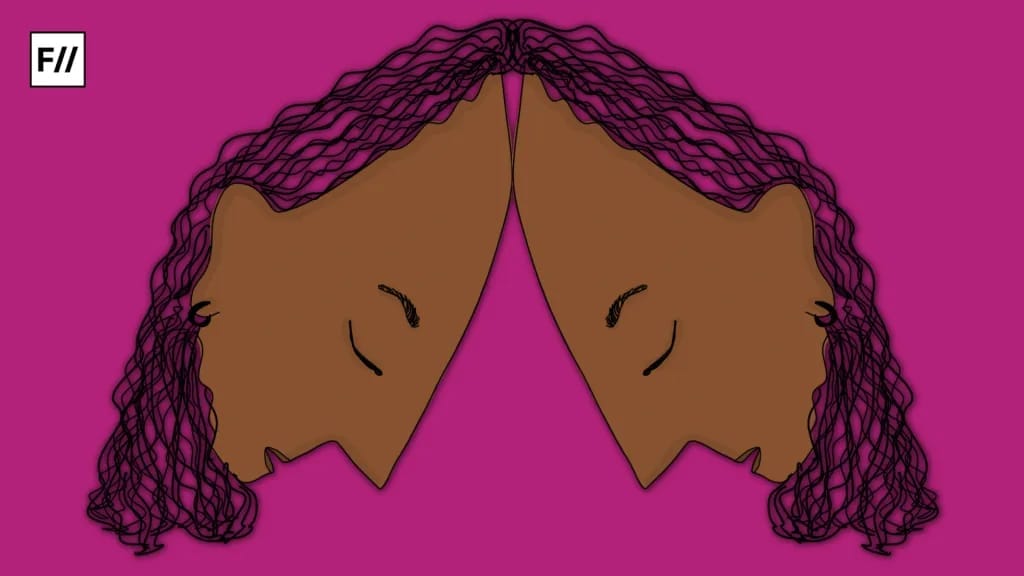
Accepting that the normal amount of pain an adult ideally has is none was not an easy realisation. I’ve had to come to terms with the fact that yes, I’m in what most would consider the prime of my life, but I’m living with more pain than most can comprehend. Walking shouldn’t hurt. Breathing shouldn’t be a struggle. Fatigue is not the norm. Accepting that my body will go through these things forever has taken a toll—both literally and figuratively. Because just like my sexuality, my disability is also a key part of me. And until I accept its place in my life, others won’t.
Layers of grief, but also joy
The grief I keep mentioning is hard to discuss. I grieve for the person I could have been if I were healthy. I grieve the dreams I cannot pursue because of my ailments. I grieve the experiences I can never have, and most of all, I grieve the chances taken from me because I am disabled and queer. This grief often overlaps with the sadness I carry over being a lesbian. I cry for the inevitable family bonds that may be broken. I cry for the professional prospects I lose when I come out. And I cry for the remarks that get made about me.
But it is not all doom and gloom. The little things that happen, the small moments of human interaction bring me joy. Whether it’s a bunch of butterflies circling me while I walk, giving me my Disney princess moment, or my friends remembering my access needs, good exists in the world. Even if I cannot do everything, I choose to look at what I can do, with a bit more kindness towards my body.
What Pride means to me: kindness
Because that’s what Pride and in tandem, Disability Pride, is all about to me: kindness. Showing kindness and compassion to those who have different access needs. Helping a stranger when they are struggling. Extending a hand to whoever you can. Kindness is what guides me as I learn to be kind to my body, kind to my circumstances, and kind to everyone I meet.
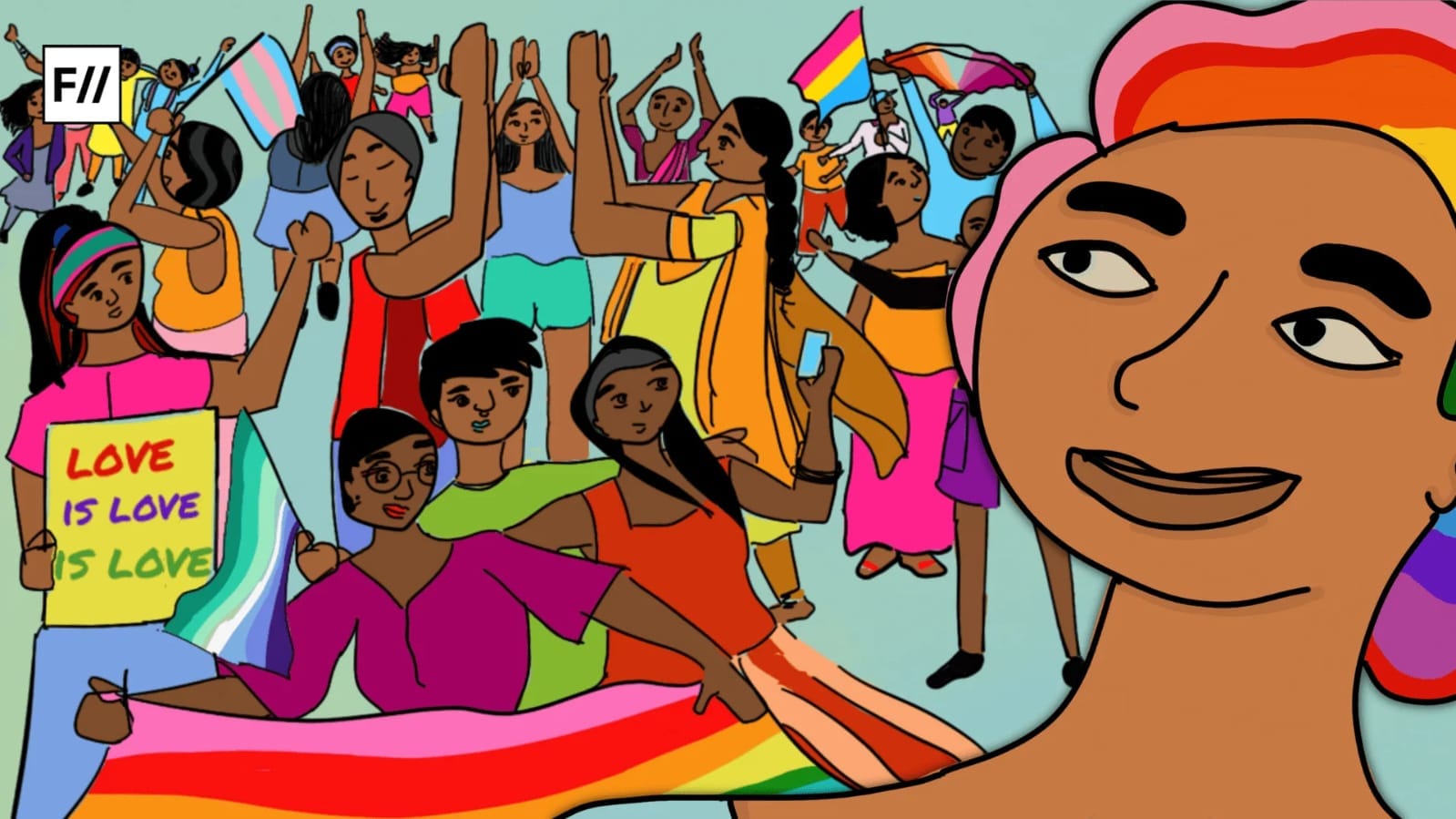
The intersection of queerness and disability is something I’m learning to embrace. I acknowledge that I don’t have all the answers, and I don’t yet know how to support every access need—but I am willing to learn, and I am committed to extending kindness to everyone I encounter. This unique blend makes me who I am, and I refuse to be in the closet for either of these parts of me again.
This unique blend makes me who I am, and I refuse to be in the closet for either of these parts of me again.
I’m here. I’m queer. And my chronic pain is moderate to severe.
This article is part of a joint initiative by Feminism in India and QAble for Queer Disability Pride Month. QAble works at the intersection of queer and disability justice within law and policy, fostering social inclusion through culture and legal inclusion through community-led advocacy. If you’re a QPwD seeking support, QAble is here for you. Pride is for all of us.
About the author(s)
Manasvinei Manoj (she/her) is a law student who loves to write, crochet and sleep. She is chronically ill and her main goal is to make the world a better place than when she came into it.
